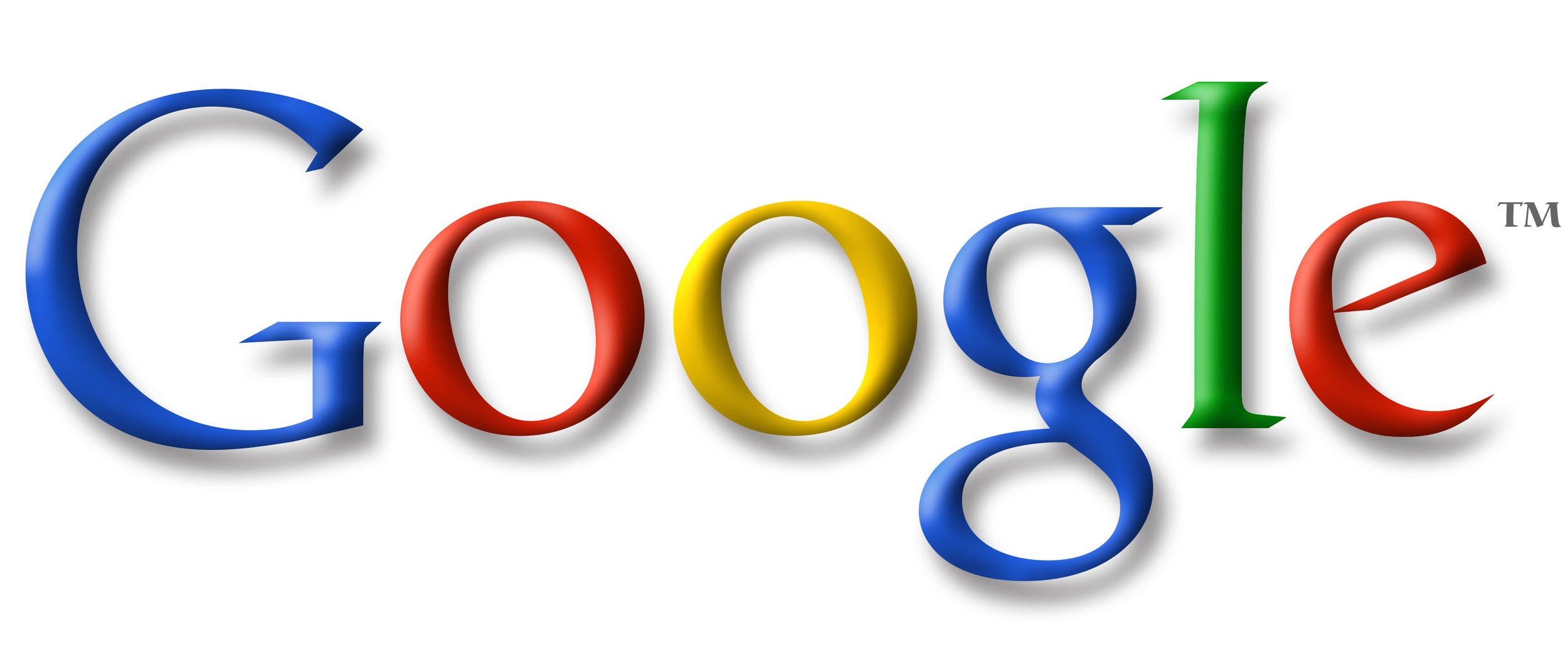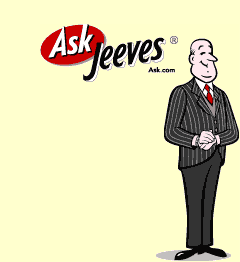We spill our hearts, to Google
 About a month ago, I was flipping channels and found myself watching an extended news program on Google and the history of the search engine. In one sense, it was a brilliant business idea to arise at a time when people were trying to figure out what the heck you did with the internet--and when most people really didn't understand its full capacity for storing and transferring data. The guys who started Google found a way to capitalize on a missing service within this new industry. But in another sense, I cannot fathom the online world without the essential guiding map, the search engine. Sitting here in 2010, it seems the internet would be nearly useless to me, with its infinite number of web pages, without a calibrated algorithm at hand to find me what I need.
About a month ago, I was flipping channels and found myself watching an extended news program on Google and the history of the search engine. In one sense, it was a brilliant business idea to arise at a time when people were trying to figure out what the heck you did with the internet--and when most people really didn't understand its full capacity for storing and transferring data. The guys who started Google found a way to capitalize on a missing service within this new industry. But in another sense, I cannot fathom the online world without the essential guiding map, the search engine. Sitting here in 2010, it seems the internet would be nearly useless to me, with its infinite number of web pages, without a calibrated algorithm at hand to find me what I need.
Part of the program focused on what Google has become, beyond a search engine, in people's lives. The guys interviewed pointed out that people, in the privacy of their homes, ask Google things they many times won't ask their spouses, friends, pastors, doctors, lawyers: domestic abuse, STDs, sexual interests, pregnancy scares, bomb-building... I mean, think about it. It's the non-judging friend with all the answers.
Except, as the Google reps also pointed out, that creates a new challenge along with all the other uncertainties posed by the digital age: how much of this is private between Google servers and execs and their users, and how much is fair game for investigators, lawyers, families, and other interested parties? Google made a firm stand earlier this year against the Chinese government, no longer acquiescing to censor internet searches made within the country's "great Chinese firewall" on its search engine; this is a victory for information dissemination and access. But when the government wants information on your online profile, on what you're searching, it becomes--if possible--even more complex. I find this a fascinating topic. And personally, I don't know if it's an entirely bad thing that there is some accountability placed on people for the things they search for on the web.
 But none of that is really directly related to my point. What has really remained in my head since watching that segment is my relationship with Google; I really do ask Google extremely random things, quite often. I love seeing what it'll bring up in the search, and I even love reading the suggestions it shows me while I'm typing in the search. And harping back to the days of Ask Jeeves, when search engines were made a bit more comprehensible for the average person by encouraging us to ask the black-suited butler something the form of a question, I still ask Google things in complete sentences. Should I read Dracula? I asked recently. I've considered reading it for a long time, but I tend to loathe Victorian-era books and the mindset of all characters within them--not to mention the way they talk. Still, what does Google have to say? One I ask quite frequently is What should I cook for dinner? It is a new era indeed when we ask such questions to a search engine. And I know there is no need for a complete sentence, I understand what it is searching for, but I still like that Ask Jeeves concept, that someone is helping to a solve a predicament that I haven't voiced yet, or if I have voiced it, I have not yet come to a final decision.
But none of that is really directly related to my point. What has really remained in my head since watching that segment is my relationship with Google; I really do ask Google extremely random things, quite often. I love seeing what it'll bring up in the search, and I even love reading the suggestions it shows me while I'm typing in the search. And harping back to the days of Ask Jeeves, when search engines were made a bit more comprehensible for the average person by encouraging us to ask the black-suited butler something the form of a question, I still ask Google things in complete sentences. Should I read Dracula? I asked recently. I've considered reading it for a long time, but I tend to loathe Victorian-era books and the mindset of all characters within them--not to mention the way they talk. Still, what does Google have to say? One I ask quite frequently is What should I cook for dinner? It is a new era indeed when we ask such questions to a search engine. And I know there is no need for a complete sentence, I understand what it is searching for, but I still like that Ask Jeeves concept, that someone is helping to a solve a predicament that I haven't voiced yet, or if I have voiced it, I have not yet come to a final decision.
Every time I Google something, which most often most recently has been regarding hairstyles and hair colors, I think back on the idea of the search engine and how it has created an imaginary friend for each of us, one that we feel very comfortable asking really random things, and who we expect to give us advice and answers. And pretty often, it does.
